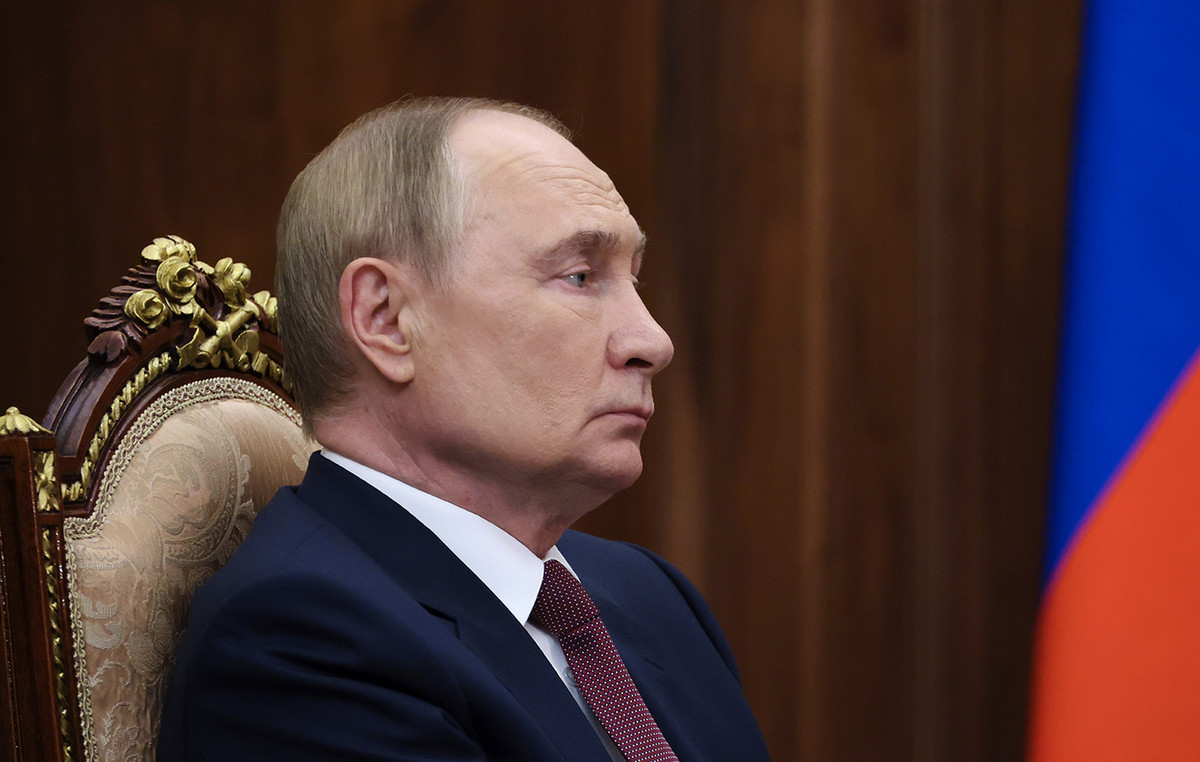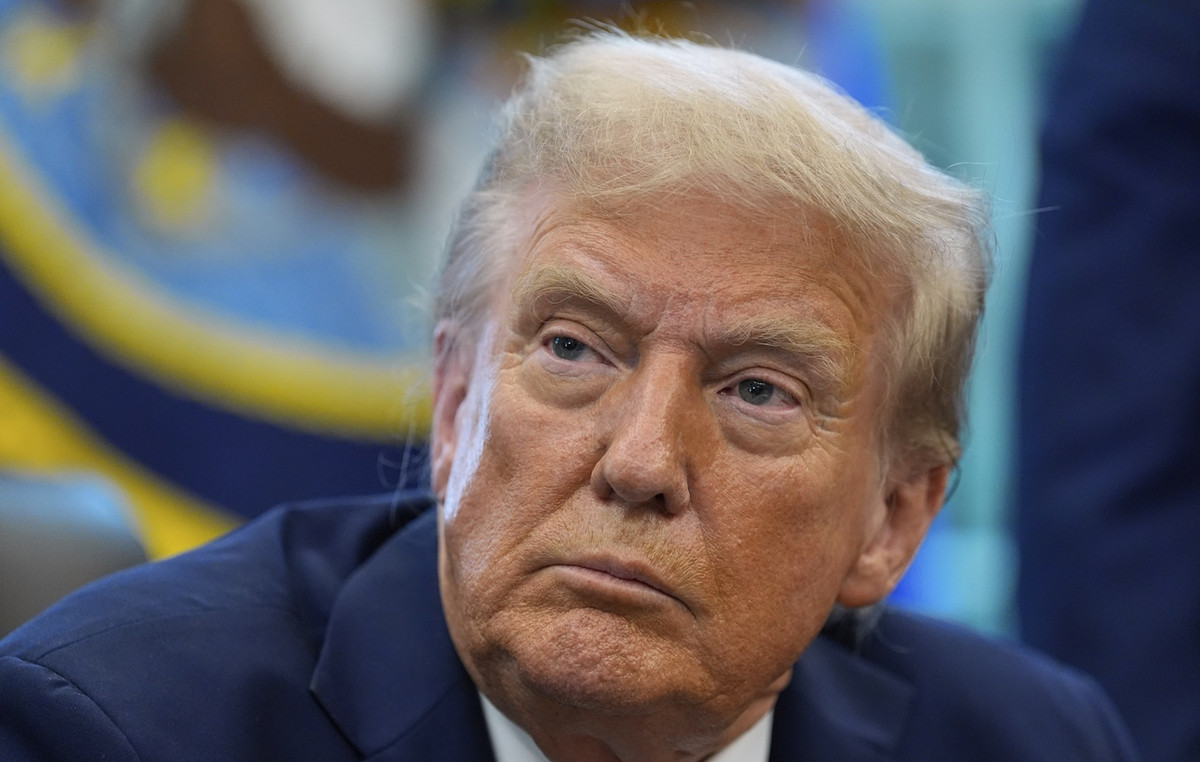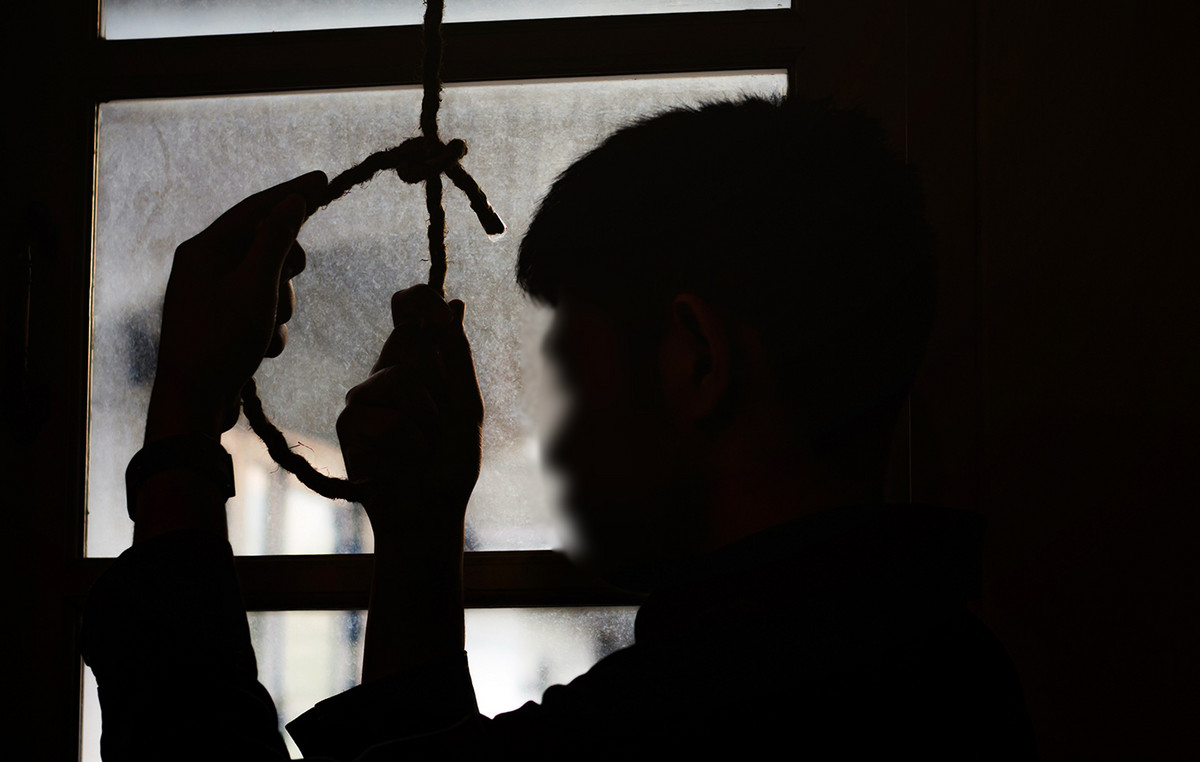A plan to allow the deployment of long-range US missiles in Germany drew both praise and apprehension on Thursday (11), as supporters said it made Europe safer and critics warned it could antagonize Russia and trigger a new arms race.
The deal, made public at a NATO summit in Washington, aims to deploy capabilities from 2026, including SM-6, Tomahawk and developmental hypersonic weapons with a range greater than that of European powers.
The issue could heighten tensions in Chancellor Olaf Scholz’s coalition and provide campaign fodder for the far-right Alternative for Germany (AfD) party ahead of local elections in East Germany in September, where it is expected to perform well.
Germany is one of several NATO countries that host U.S. nuclear weapons, and domestic opposition to such deployments dates back to when what was then West Germany was a frontline state during the Cold War.
Moscow called the move an escalation measure and promised a response.
“We have long struggled with the question of how we can ensure a deterrent that protects our own alliance territory but also Germany with conventional options,” Scholz told reporters in Washington.
“This decision was taken a long time ago and does not come as a real surprise to anyone involved in security and peace policy,” he added.
Nils Schmid, spokesman for Scholz’s Social Democrats, told Reuters that “this is a necessary step to deter Russia.”
Opposition conservatives, who – given the unpopularity of Scholz’s center-left coalition – could be in power when the missiles are launched, also supported the measure.
However, Scholz’s coalition partner, the Green Party, complained that it had not been properly informed about the decision and that the move contradicted a budget agreement that required long and difficult negotiations.
The AfD, which opposes German arms deliveries to Ukraine as it fights Russia’s invasion and is seen by critics as overly friendly to Moscow, said the US decision on the missiles had made “Germany a target”.
“Chancellor Olaf Scholz is not acting in Germany’s interests,” said AfD leader Tino Chrupalla. “He is allowing Germany’s relationship with Russia to be permanently damaged and we are falling into the pattern of East-West conflict.”
The left-wing Die Linke party called the decision “highly problematic” and could trigger a new arms race under the guise of deterrence. Sahra Wagenknecht, who leads a new left-wing party that also opposes arms shipments to Ukraine, called it “highly dangerous.”
Source: CNN Brasil
Bruce Belcher is a seasoned author with over 5 years of experience in world news. He writes for online news websites and provides in-depth analysis on the world stock market. Bruce is known for his insightful perspectives and commitment to keeping the public informed.







